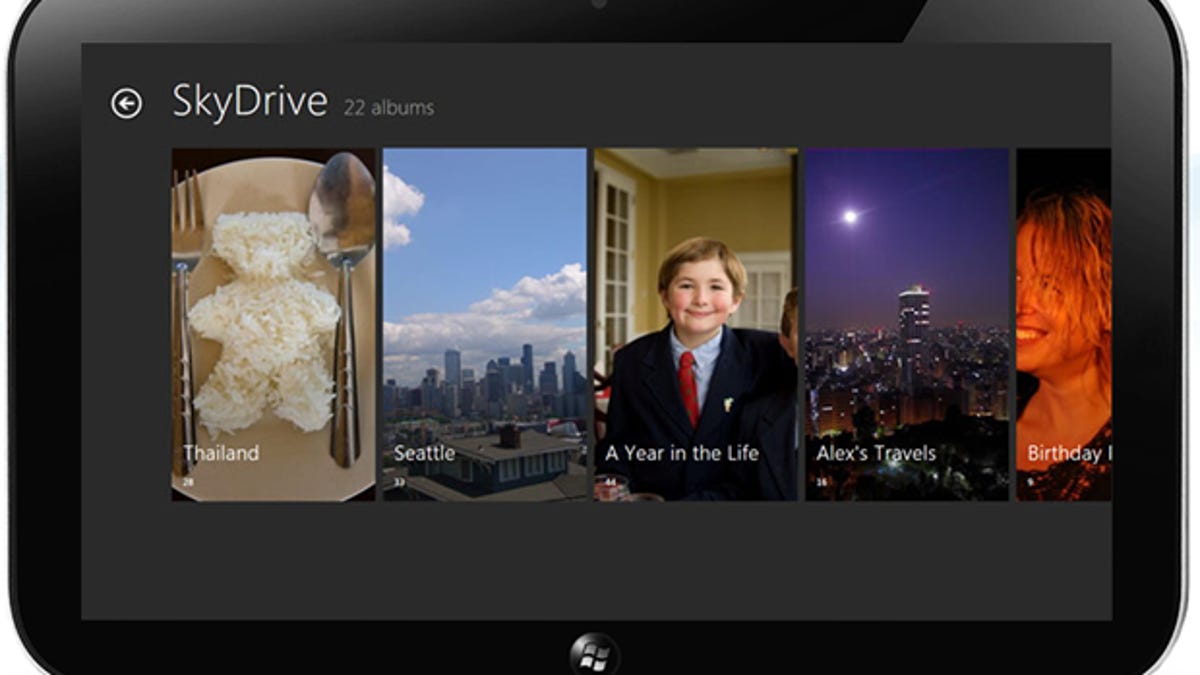Microsoft to beef up SkyDrive following user complaints
Acknowledging the current constraints and concerns with SkyDrive, Microsoft is planning to further develop the cloud-based file storage service to closer match its own vision.

Microsoft's SkyDrive online service has been too limited and complex for many users, admits the company, but improvements are on the way.
Relying more on the cloud to store, sync, and manage both files and devices, people have increasingly run into obstacles with today's online services, says Omar Shahine, a group program manager for SkyDrive, in a recent blog. Though Shahine pointed to limitations in several cloud services, such as Dropbox, Google Docs, and iCloud, he didn't spare his company's own products.
"We sometimes hear from customers who want to use SkyDrive in key scenarios but encounter limitations," Shahine said. "Over the years, we have built products that have been too complex. Often, we've asked customers to play 'system integrator' across numerous of our services and numerous other cloud services."
Shining a light on SkyDrive, Shahine revealed some of the criticisms that have been hurled against the service.
One Twitter user asked why "synced storage" and "My Files" are separated instead of being used together. Another asked how to move files or folders on SkyDrive. One person questioned why the size of a video is limited to 100 megabytes when a full 25GB of storage is available. And another requested the ability to share individual files without sharing entire folders.
Shahine also cited stats showing low adoption of SkyDrive among certain power users, saying that only 10 percent of college students consider using it to retrieve or share documents.
Aiming toward a brighter future for SkyDrive, Shahine outlined some key benefits offered by an ideal cloud-based service.
Such a service would simply and securely sync files to the cloud and other devices and replace e-mailed attachments as a means of sharing files. A certain amount of storage would be free, but users could easily pay for more. The service would work across any device and any operating system.
Further, it would cloud-enable your entire PC to store and sync your local content online. The service would also work with e-mail, photo software, and other applications to let you organize and share your content. Of course, Microsoft has already outlined such a vision with Windows 8, which would directly tap into your Windows Live and SkyDriive accounts.
But to achieve its goals, the company seems to be eyeing more of an evolutionary change for SkyDrive rather than a quick fix.
"We know we have a ways to go to deliver a cloud that seamlessly connects today's files with tomorrow's modern device and app experiences," Shahine said. "We will measure our progress in meaningful releases that address feedback and bring us closer to our vision."
I have a SkyDrive account that I use to sync and back up local documents automatically through Windows Live Mesh. But outside of that, I rarely log onto the service to directly store or work with files. And that's because it's just too clumsy and limited. So I'd like to see what Microsoft can do to improve SkyDrive and give me more of a reason to use it.

